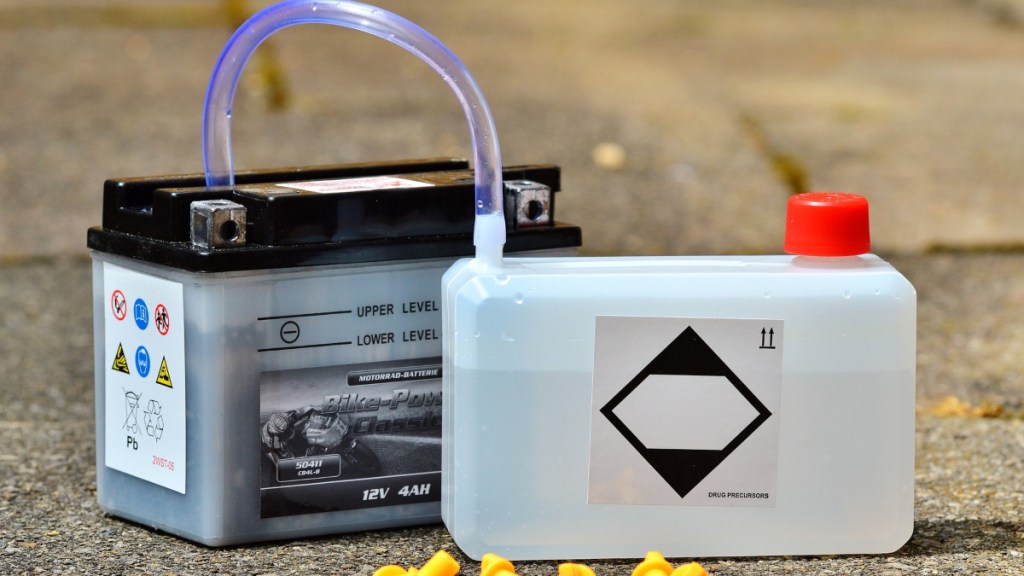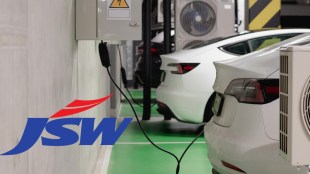By Jagdish Rai Singal, Founder of Eastman Group of Companies
The electric vehicle (EV) revolution today is changing the way the world has been perceiving transportation. As EVs reduce the dependence on fossil fuels, cleaner transportation is becoming a reality. However, like many favourable developments, it too comes with a challenge – the-end-of-life of EV batteries. The lithium-ion EV batteries, at the heart of EVs, can’t simply be discarded as they are packed with valuable and infinite resources.
It makes it imperative to initiate the responsible management of EV batteries. Here is where the circular economy can be considered as a sustainable approach for EV battery recycling. As opposed to traditional linear economy, circular economy prioritizes ‘Reduce, Reuse, and Recycle’ approach, resulting in mitigation of environmental impact and a better future for electric mobility.
The Circular Economy: A New Paradigm in the EV World
The linear economy, with its ‘Take-Make-Dispose’ approach is unsustainable. The circular economy, on the other hand, emphasizes on keeping products and materials in use for as long as possible. This approach extends to EV batteries as well. The cornerstone of a ‘circular EV battery economy’ lies in extending battery life, with a focus on 3 Rs – Reduce, Reuse, and Recycle.
The best way to reduce the waste is not to create it in the first place. It involves designing batteries with fewer materials and ensuring responsible sourcing to minimize environmental impact from the outset. Once the battery has been used, reuse can be called the most desirable option, where an EV battery can be removed from retired EV and used in another vehicle of similar battery requirement. Recycling the batteries when they reach the end of their usable life is of vital importance as it recovers valuable materials like lithium, cobalt, nickel, and manganese for use in the production of new batteries.
The Benefits of a Circular Economy Approach
The circular economy approach to EV battery recycling offers numerous environmental and economic benefits.
• Environmental Sustainability: It is a fact that recycling significantly reduces dependence on raw material extraction, lowering the environmental footprint of battery production. This includes decreased mining activity, reduced water usage, and minimized greenhouse gas emissions.
• Resource Security: Efficient recovery of valuable minerals such as lithium and cobalt mitigates supply chain risks and price volatility associated with these key minerals.
(Disclaimer: Views and opinions expressed by the author do not reflect the beliefs of Financial Express Digital)




















